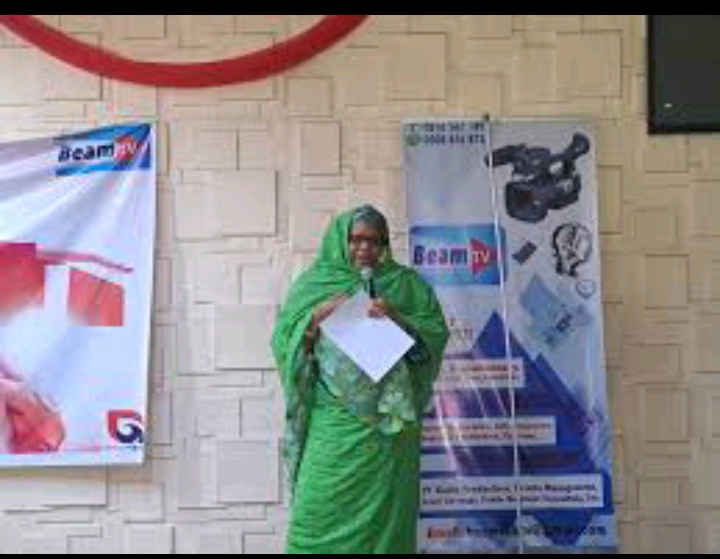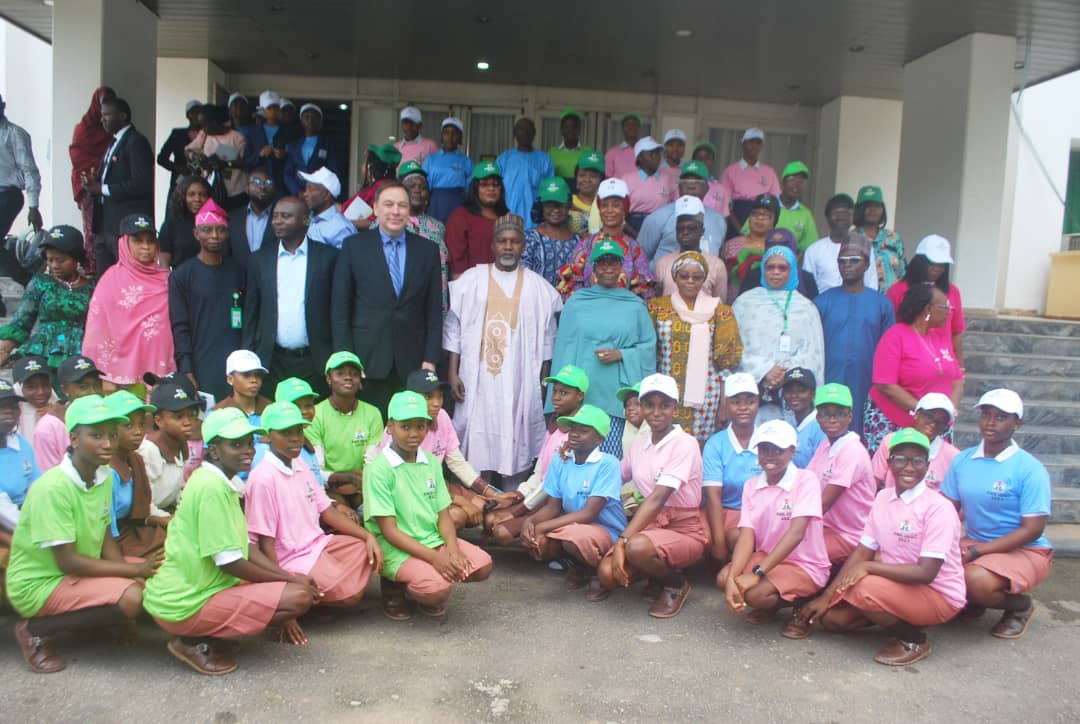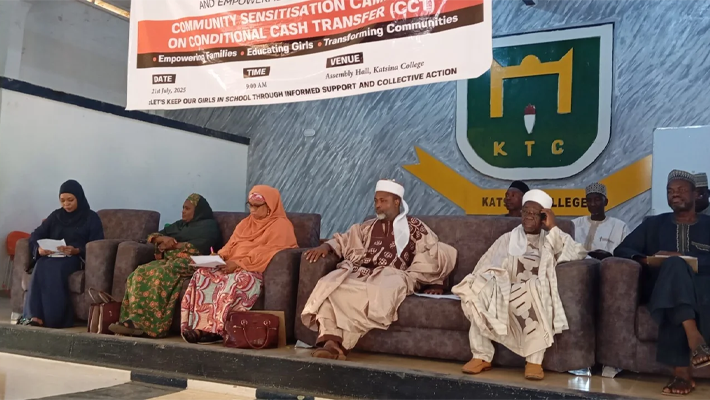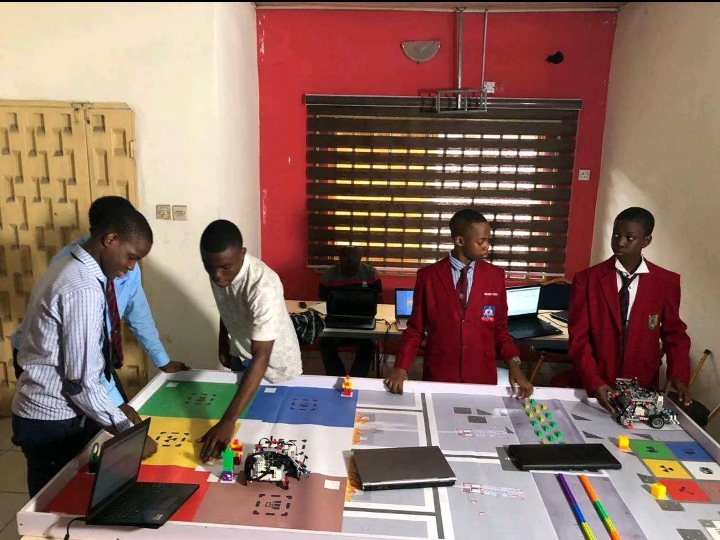Commissioner clarifies cash transfer programme for girls’ education


YOLA ( Sundiata Scholar) – The Adamawa State Government has clarified that the Conditional Cash Transfer (CCT), under the Adolescent Girls Initiative for Learning and Empowerment Additional Financing (AGILE-AF), is not intended as financial aid for household necessities.
Dr Garba Pella, the Commissioner for Education and Human Capital Development, said this at a Stakeholders’ Sensitisation session on CCT in Yola on Tuesday.
reports that the AGILE project is a collaborative initiative between the World Bank and the Federal Ministry of Education.
It is aimed at reducing the number of out-of-school children, particularly among girls.
“No nation can grow with a large population of out-of-school children. We must be deliberate as a government to ensure that everyone is in school, retains their education, and transitions to higher institutions,” he said.
He called on stakeholders to commit to the success of the AGILE project, reinforcing the government’s dedication to providing free education for a brighter future for children.
Aishatu Isah, Team Lead for AGILE CCT, said the programme aims to offer financial incentives to the poorest households to help address financial barriers that hinder girls’ enrollment and completion of secondary education.
She noted that the funds are designated for specific beneficiaries of those transitioning from Primary 6 to Junior Secondary School 1, from Junior Secondary School 3, and to Senior Secondary School 1.
“The financial assistance is intended for essential needs such as uniforms, books, and sanitary pads, and will be distributed to mothers or caregivers closely connected to the beneficiaries”.
Mr Saddiki Liman, AGILE Project Coordinator, stated that the purpose of the sensitisation session was to ensure stakeholders and the public understand the financial incentives necessary for the successful implementation of the programme.
He urged participants to convey the message to parents and caregivers at the grassroots level to ensure they fully understand the conditions required to access the funds.
According to him, the programme targets approximately 1,060 schools in the region, and among the conditions, beneficiaries must maintain a minimum attendance rate of 70 percent. (NAN)










